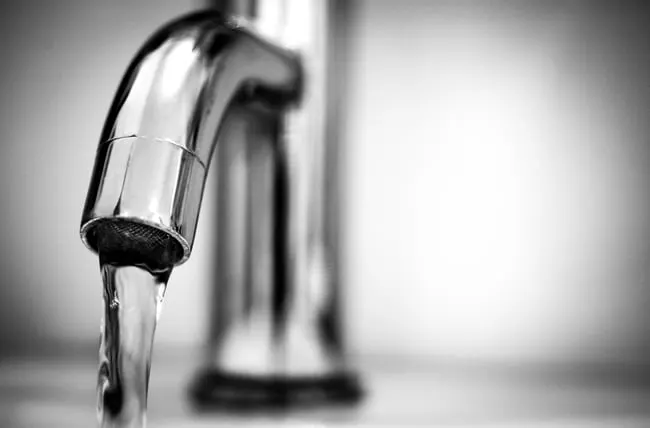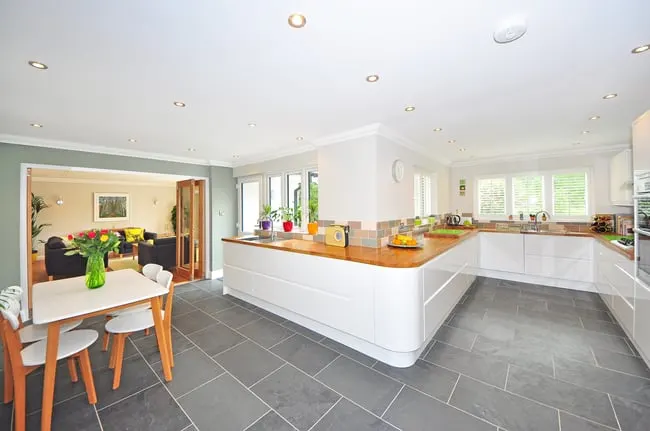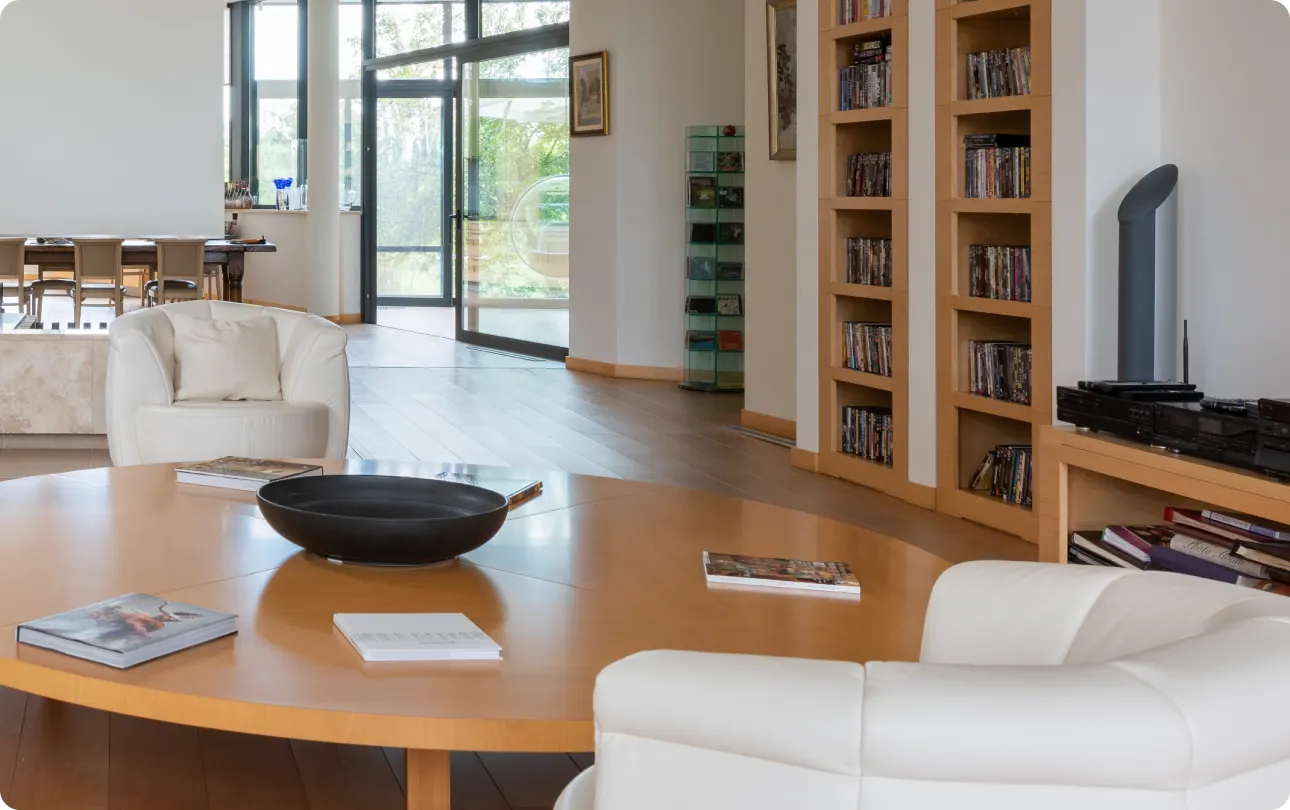It takes a little more effort to own an investment property than merely collecting rent, paying the mortgage, and pocketing the profit. To make your home habitable for renters, you will need to handle key apartment maintenance activities as soon as you purchase a new property.
That’s why we’ve compiled a list of strategies to assist property owners and managers in keeping their rental homes in good condition to attract new renters while avoiding major property maintenance issues.
9 Tips for Impeccable Apartment Maintenance
Tip #1: Keep your current tenants happy
The first tip is to take good care of your rental property by responding to the tenants’ requests as fast as possible. This helps in building a solid relationship with your tenants and also maintains the property’s value. They will appreciate the swiftness & effort if you take good care of the property and will feel more at ease with you as a landlord.
Tip #2: Prepare yourself for repairs
Gather a set of tools and basic equipment to keep on hand in case you, your property manager, or your tenants need to perform minor property maintenance. This will help you in the self-maintenance of your property.
If needed, with the help of information available through the internet, you can easily make small repairs like a leaky faucet, broken doorknob, etc. Making small repairs can definitely save you time and money, but never hesitate to hire a professional for long-term apartment maintenance.

Tip #3: Make apartment maintenance a regular event
Plan to have your rental properties inspected for maintenance at least once a year. Inspecting your properties in the spring and fall will help you prepare for the harsher summer and winter months.
Make a checklist of all the things that need maintenance and save it in your property folder. If you're not sure what to look for in your rental property maintenance, hire a professional home inspector.
Additionally, take photographs of the apartment to maintain a record. This will not only help you determine what needs to be maintained on a regular basis but also help you predict new purchases like an appliance or deck replacement.
Tip #4: Stay updated on local laws
The property maintenance for which landlords are accountable varies based on where your rental property is located. It's vital to stay informed about the unique ordinances and building laws that apply to your structure.
If you are unfamiliar with the laws that apply to your rental property investment, contact the housing board so that they can clearly state the impact of issues that affect your rental property.
Tip #5: Check for water damage & leaks
The ideal time to look for water leaks is typically after heavy rains, after snow and ice have melted, or on hot days when pipes sweat. Look under the sink, boilers, and heater for leaks. Detecting water leaks as soon as possible is recommended because undetected leaks can lead to substantial damage, such as mold and rot.
Detecting leaks for property maintenance will also prevent the growth of dangerous molds, which can be very expensive to remove if not addressed in a timely manner.

Tip #6: Test smoke & carbon monoxide detectors regularly
Inspect the smoke and carbon monoxide detectors once a month as part of your property maintenance services to ensure they are in working order. Both the wiring and the devices that are powered by batteries should be tested. Schedule regular functionality and battery tests since these are safety essentials for both you and the tenants.
Tip #7: Flush the water heater
Once a year, make sure you flush the water heater. This will ensure that sediment buildup from the municipal water supply does not damage the pipes and materials of your rental property.
When too much sediment accumulates, it also reduces the efficiency of the water heater, causing the need for an expensive replacement.
Tip #8: Get organized
You are ultimately liable for the state of your property. This includes responding to repair requests, performing routine apartment maintenance, and dealing with tenant negligence. Getting organized is the best way to manage all of your tasks and expenses while keeping your sanity.
Begin by establishing a record-keeping system. Keep a physical or digital folder for each property and keep track of repair requests, payment dues etc.
When performing routine maintenance, include dates and times when installing anything new, such as carpet, toilets, doors, or even a roof. Keep track of the lifespan of each new item so that you can plan for future repairs or replacements.

Tip #9: Examine the grout between tiles
The grout between the tiles and the caulk surroundings may become loose. When this happens, the waterproof seal gets broken. This may cause water leakage, thus damaging the adjacent floor or walls.
Replace the grout, and caulking when you notice a hole or a crack to prevent further water damage.

Tip #10: Change air conditioning filters
Changing filters in air conditioning and heating devices at least twice a year is a great practice to follow as part of apartment maintenance. Inquire with the manufacturer about a high-efficiency filter that will work with your system. Filters that are dirty raise utility bills by making the system work harder. Good apartment maintenance may increase short-term costs, but keeping the rental property in good condition will preserve its long-term value.
When using cash security deposits to cover the cost of repairs or damage caused by a renter, maintaining your property can be difficult. Don't be concerned if potential tenants cannot pay a security deposit. Introduce them to TheGuarantors as a replacement for the security deposit, and we'll handle the rest.



